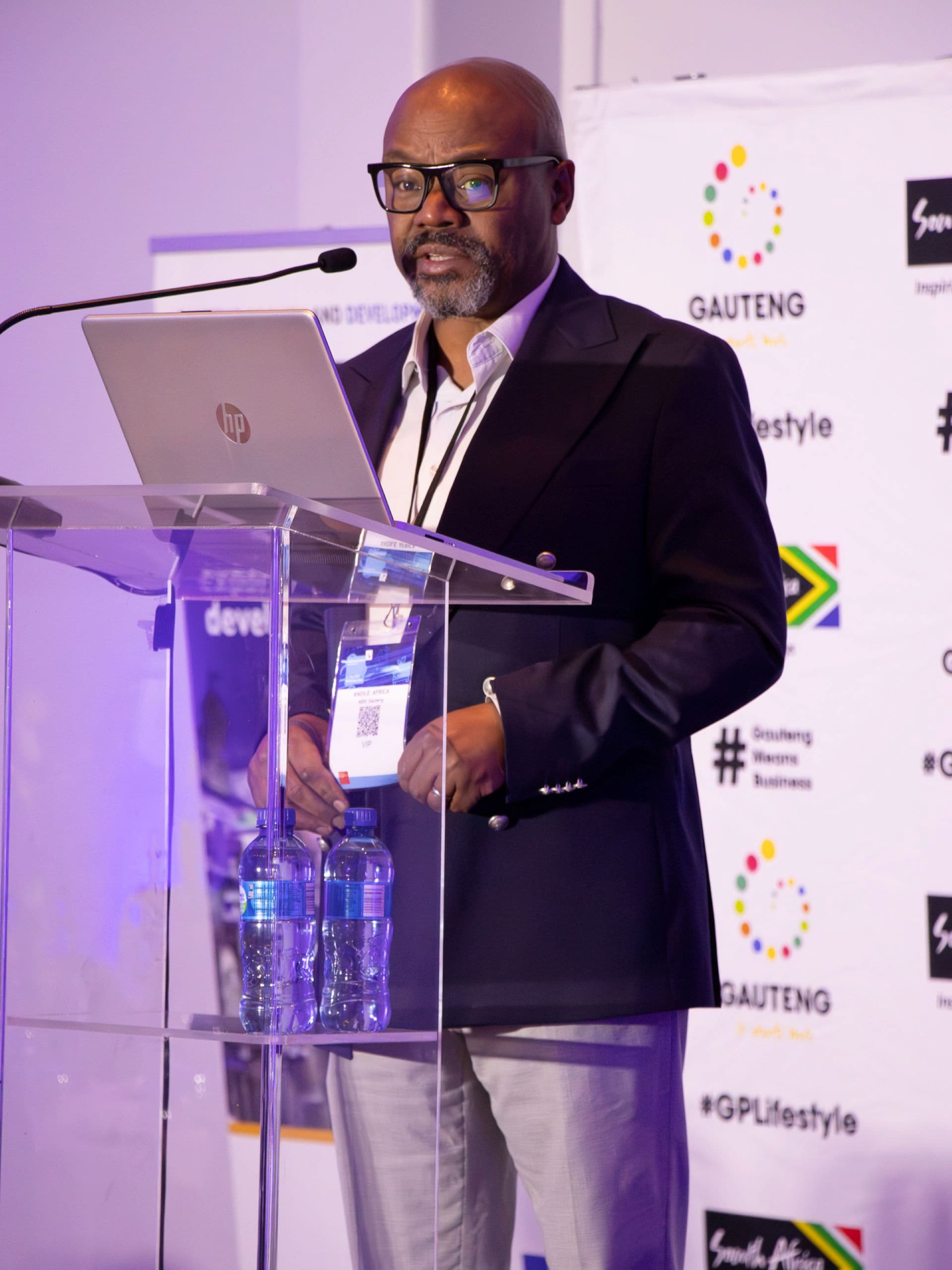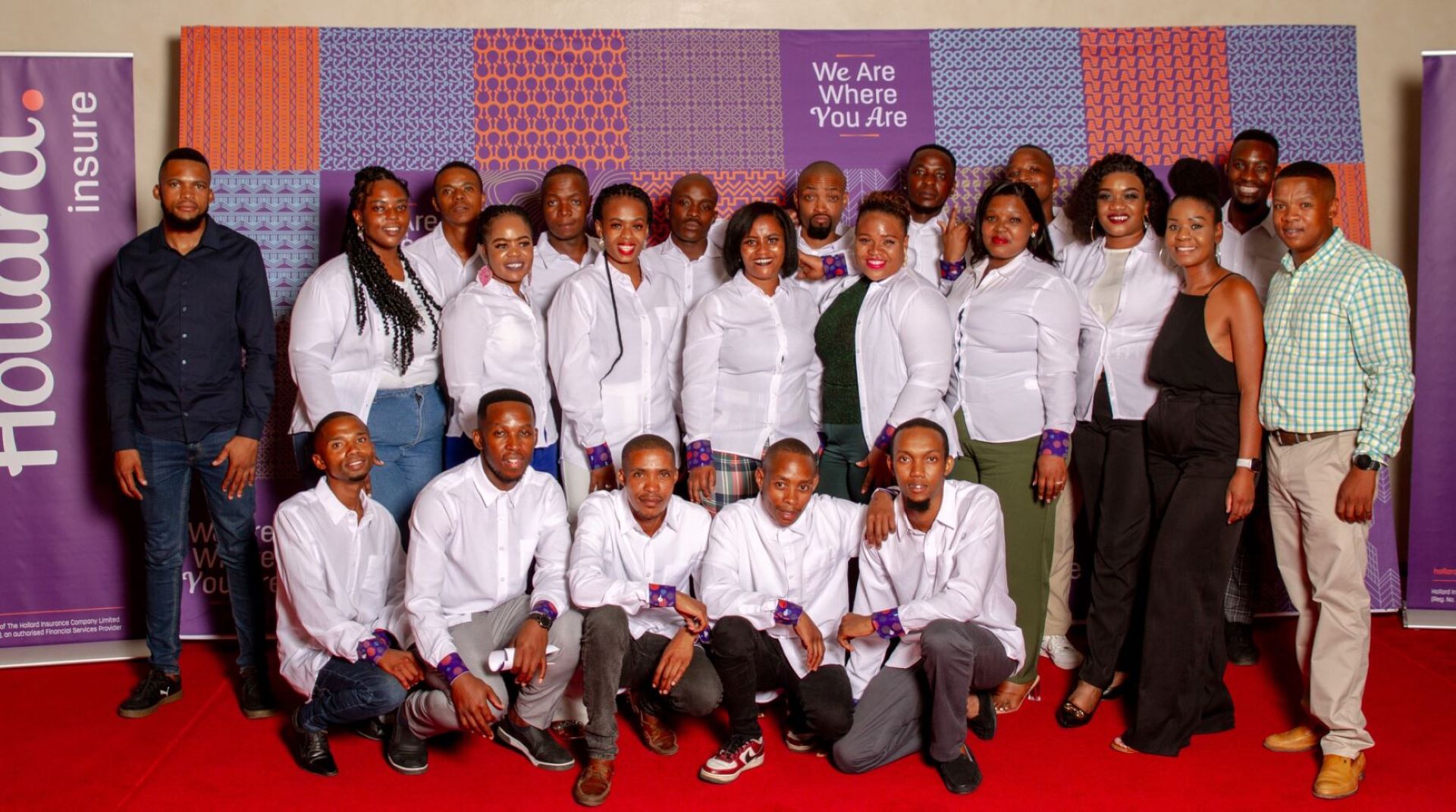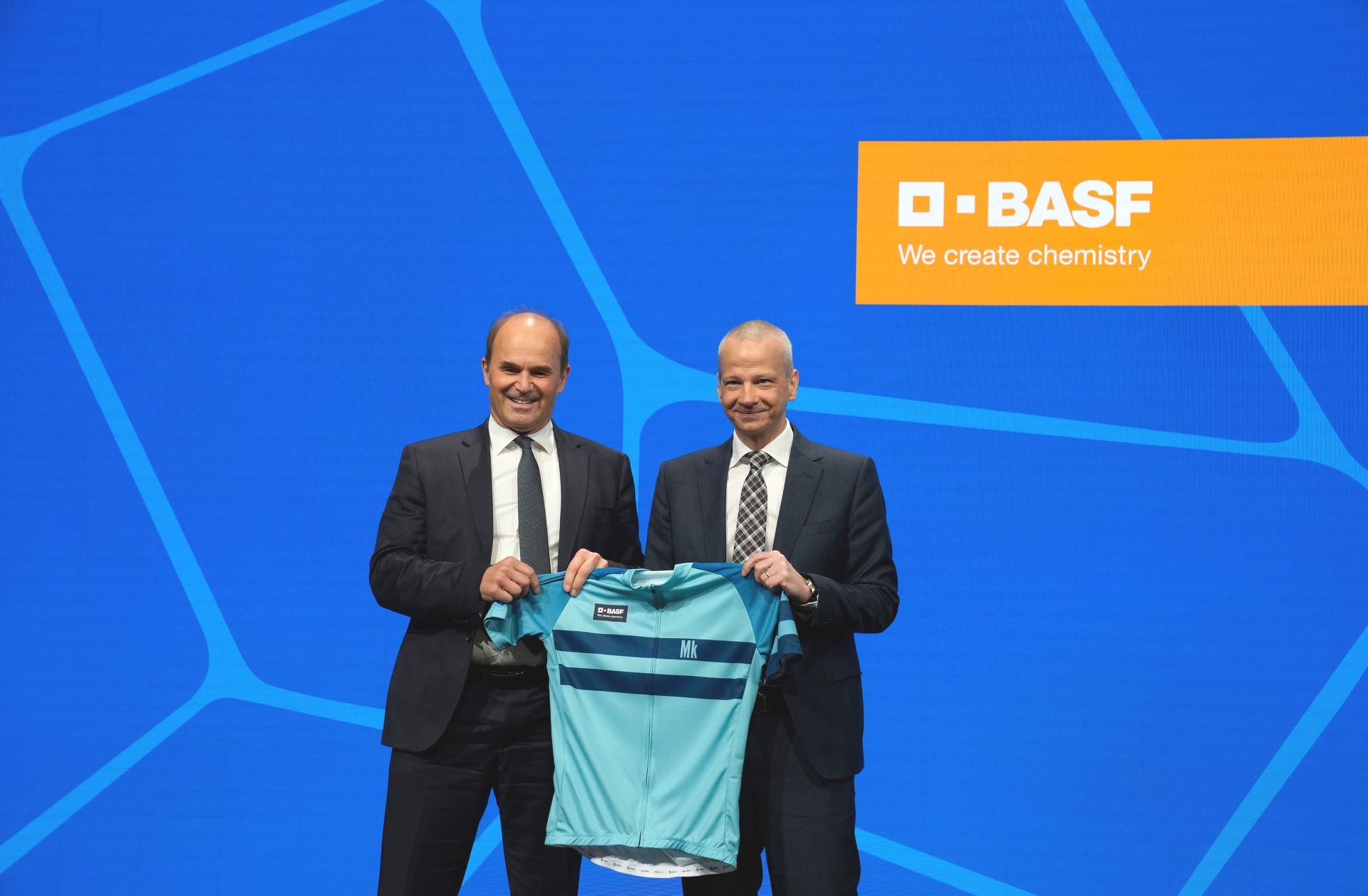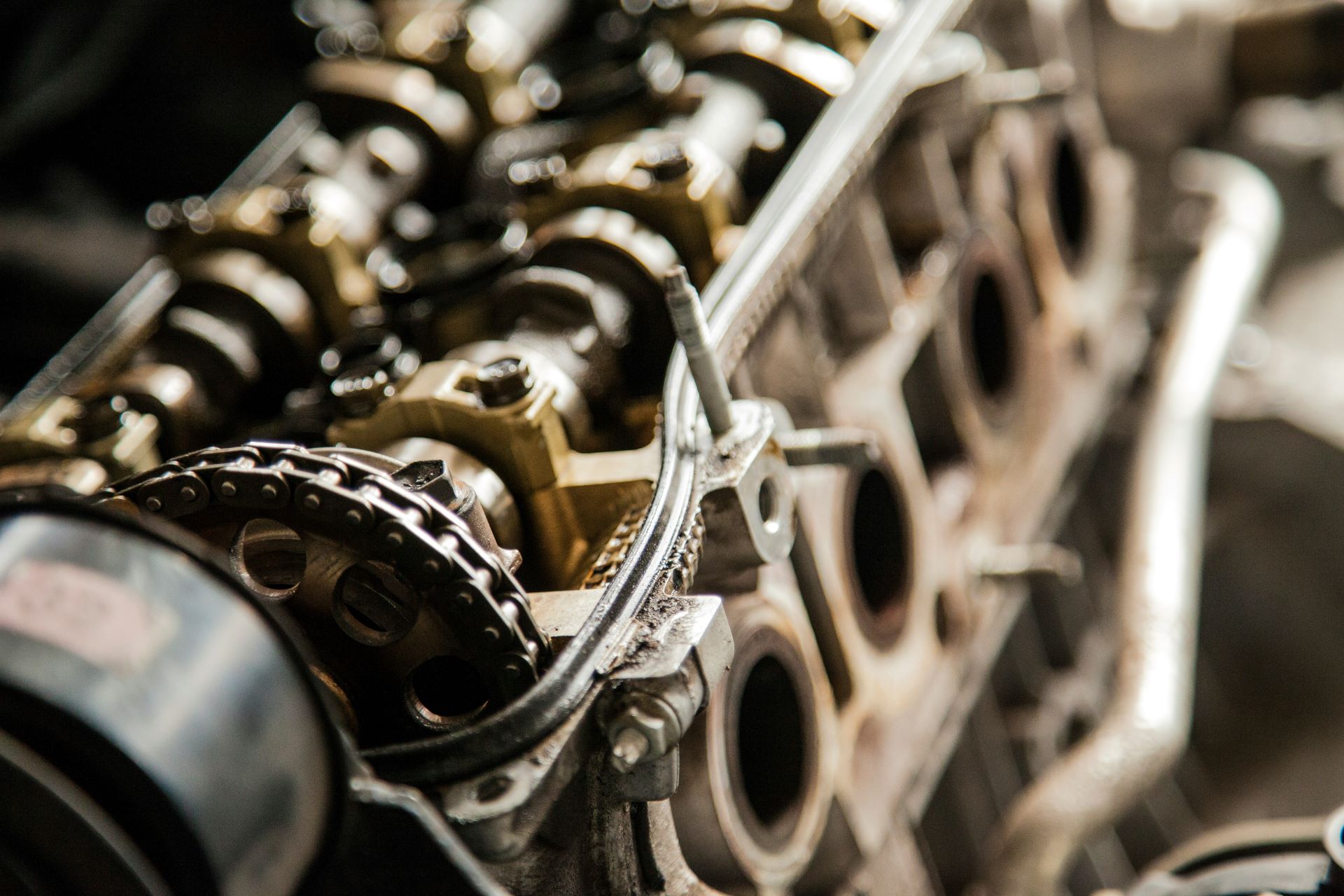On the first day of Automechanika Johannesburg early in September, Andile Africa, CEO of Automotive Industry Development Centre (AIDC), reported to attendees at a CEO breakfast on the current state of the Township Automotive Hubs.
Africa explained that the aim of the AIDC with the hubs was to introduce black-owned companies into the automotive aftermarket value chain, as has already been done in the areas of component manufacturing and in the production hubs.
He pointed out that the South African Auto industry was established more than 100 years ago and had a well-structured value chain from components manufacturing to dealer franchises. But, said Africa, it was important to also acknowledge the ‘very private and informal automotive sector’, especially in the aftermarket segment where businesses such as vehicle repairers, panel beaters and tyre repairers flourish.
“As the AIDC, we have attempted to formalise the township automotive hubs. In Feb 2014, we launched a hub in Winterveld north of Pretoria, which is both a township and rural area. What we did there was we set up a hub with the services that included panel beating. These had a well-resourced spray booth, chassis straighteners, lifts and diagnostic machines. The idea was that we would partner with the City of Tshwane to formalise the hub. Then working together with the ward councillors, we identified informal businesses that included mechanics, panel beaters, spray painters, and a tyre repair facility,” said Africa.
“The other hub we set up was in Chamdor in Krugersdorp in 2022, which is also in a township and rural area. What is interesting about this one is that it even has a locksmith that can reprogram your key as well as an upholsterer. Once again, the idea was to formalise these businesses to create a formalised economy in the area,” said Africa.
He went on to say that under these hubs, 19 different businesses were now up and running, creating more than 300 jobs, with accompanying training. One of the big challenges though was that the public was reluctant to participate and make use of these businesses. “You know, Thabo’s uncle wants him to fix his car but only wants to pay R200 and not market-related rates,” explained Africa. To overcome this challenge, AIDC worked with RMI to get the businesses RMI compliant for them to be more attractive to both the general public and insurance companies. The AIDC also approached both Tshwane Municipality and the government to bring their 4500 and 150 000 cars respectively to these hubs for maintenance. In order to do this, they had to once again comply with a strict list of demands that was made by the bank holding the finance to these government vehicles.
“On the other hand, the AIDC faced another problem. As soon as one person is employed in such a project, another comes along who wants to know why he/she is not being employed and then there are always those who insist on a percentage of the pie regardless of merit, skill and the contribution they would bring. A good example of this was when in both Winterveld and Chamdor, as soon as we issued security contracts, the communities demanded that we use them for security. It is important to have the community involved outright, you wait until the end and then want to negotiate the community’s involvement after the contract has been awarded,” said Africa.
Africa said there were also difficulties in deciding whether the businesses should be registered individually or under the umbrella of the AIDC, but the latter was problematic as “the businesses were not on our books”. This problem is being navigated with the help of the Motor Industry Bargaining Council (Mibco).
Finally, Africa appealed to those present at the CEOs’ breakfast to partner with AIDC in order to help alleviate the continual challenges these workshop owners face with rental, labour and parts. He used the example of special discounts by manufacturers and distributors on parts for businesses in these hubs and said this could count towards improving their BEE scores.
To conclude, he implored the attending CEOs to be cognisant of all the issues that faced these initiatives but emphasised that the challenges would not stop the AIDC from transforming the auto industry. He called on government and the private sector to form partnerships and embrace the many opportunities that the Township Hubs offered to expand the automotive industry.

Township Automotive Hubs a success but challenges continue
On the first day of Automechanika Johannesburg early in September, Andile Africa, CEO of Automotive Industry Development Centre (AIDC), reported to attendees at a CEO breakfast on the current state…

Latest Stories
-

First C3 Auto Body Repair Academy graduates honoured
The first cohort of 22 graduates were honoured this year following a three-year artisan development programme at the C3 Auto…
-

New CEO appointed at BASF
At the conclusion of its Annual Shareholders’ Meeting 2024 yesterday, 25 April, Dr. Markus Kamieth became the new Chairman of…
-

Workshops must join the circular economy revolution, says ARA
The South African automotive aftermarket is a significant contributor to the country’s economy through the adoption of ‘circular economy’ practices,…
